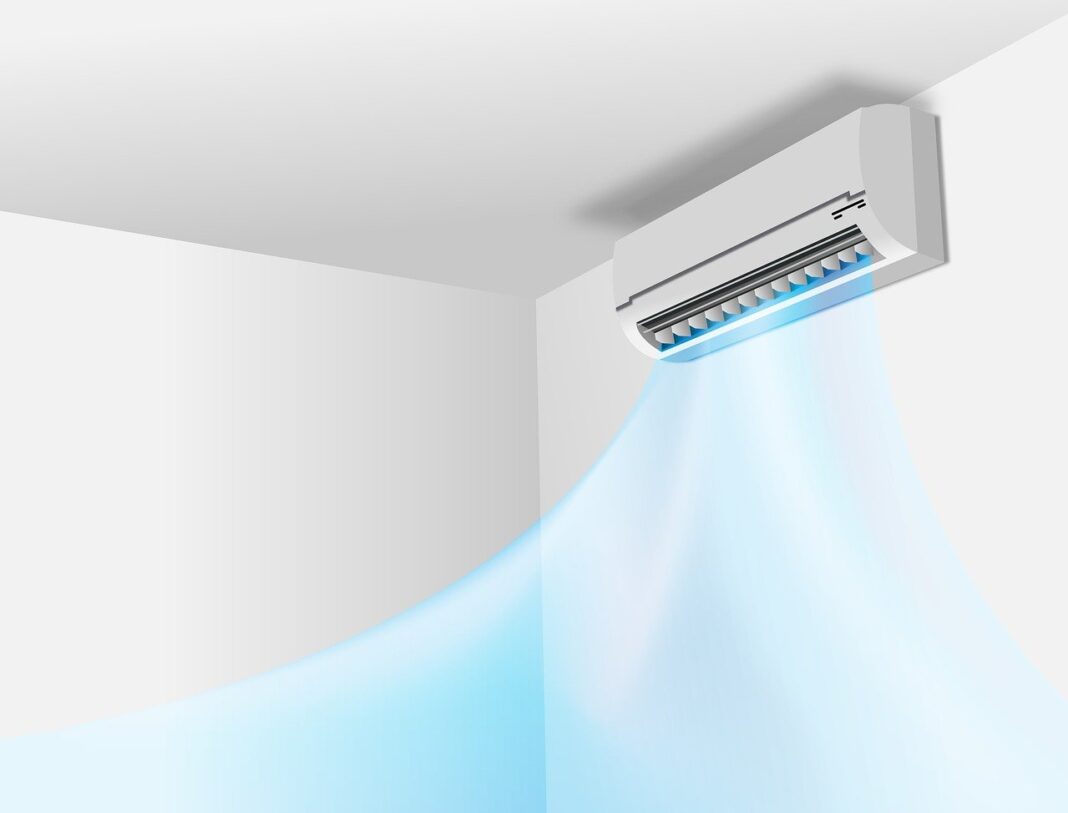As the mercury rises and summer approaches, shifting our focus from heating to cooling is imperative. Your Heating, Ventilation, and Air Conditioning (HVAC) system needs seasonal attention to ensure peak performance, energy efficiency, and indoor comfort. This guide will explore essential maintenance tasks to ready your HVAC system for the sweltering summer months.
Understanding the Value of Seasonal Maintenance
Before we delve into specific tasks, let’s underscore the significance of seasonal HVAC maintenance. Regular upkeep extends your system’s lifespan, boosts efficiency, slashes energy bills, and enhances indoor air quality. Investing time in maintenance now can prevent costly breakdowns and ensure consistent comfort throughout summer’s peak.
When it comes to HVAC maintenance Denver, proactive seasonal upkeep is essential for optimal system performance and indoor comfort. Regular upkeep ensures that your HVAC system operates efficiently, helping you avoid unexpected breakdowns and costly repairs. By staying proactive with maintenance, you can enjoy consistent comfort throughout the changing seasons while maximizing energy efficiency.
Inspect and Replace Air Filters
Among the simplest yet impactful tasks is checking and replacing air filters. Over time, filters accumulate dust, pollen, and debris, obstructing airflow and reducing efficiency. Check filters monthly, replacing them if dirty or clogged. Consider more frequent replacements during summer to maintain optimal airflow and air quality.
Clear and Clean Vents and Registers
Blocked vents disrupt airflow, leading to uneven cooling and strain on your system. Before summer, clear all vents and registers of dust and obstructions. Ensure furniture and drapes don’t impede airflow, allowing cool air to circulate freely.
Inspect and Clean the Outdoor Unit
The condenser unit, crucial for cooling, requires inspection for damage and debris accumulation. Check for bent fins, remove debris, and trim vegetation near the unit to maintain airflow. Gently rinse the unit’s exterior with a garden hose to remove dirt, avoiding high-pressure water to prevent damage.
Schedule Professional Maintenance
While some tasks are DIY, professional maintenance ensures thorough care. Technicians can identify and resolve prospective issues before they escalate. Professional maintenance includes checking refrigerant levels, lubricating moving parts, and calibrating settings for optimal performance.
Test the Thermostat
Your thermostat regulates indoor temperature for comfort. Before summer, ensure it functions correctly, replacing batteries if needed. Among the simplest yet most impactful tasks is checking and replacing air filters. Over time, filters accumulate dust, pollen, and debris, obstructing airflow and reducing efficiency. Check filters monthly, replacing them if dirty or clogged. Upgrading to a programmable or smart thermostat is also worth considering for energy savings. Program it to change temperatures based on your schedule, optimizing comfort and efficiency while reducing energy consumption. This thermostat will also work with your heating in the winter months so you’ll benefit from it all year round.
Conclusion
Preparing now for Summer-ready HVAC maintenance is essential for efficiency, reliability, and comfort during the hottest months. Following these steps will maximize performance, cut energy costs, and enjoy a cool, comfortable home all summer. Don’t wait for the heatwave – start your seasonal maintenance now and beat the summer rush!
